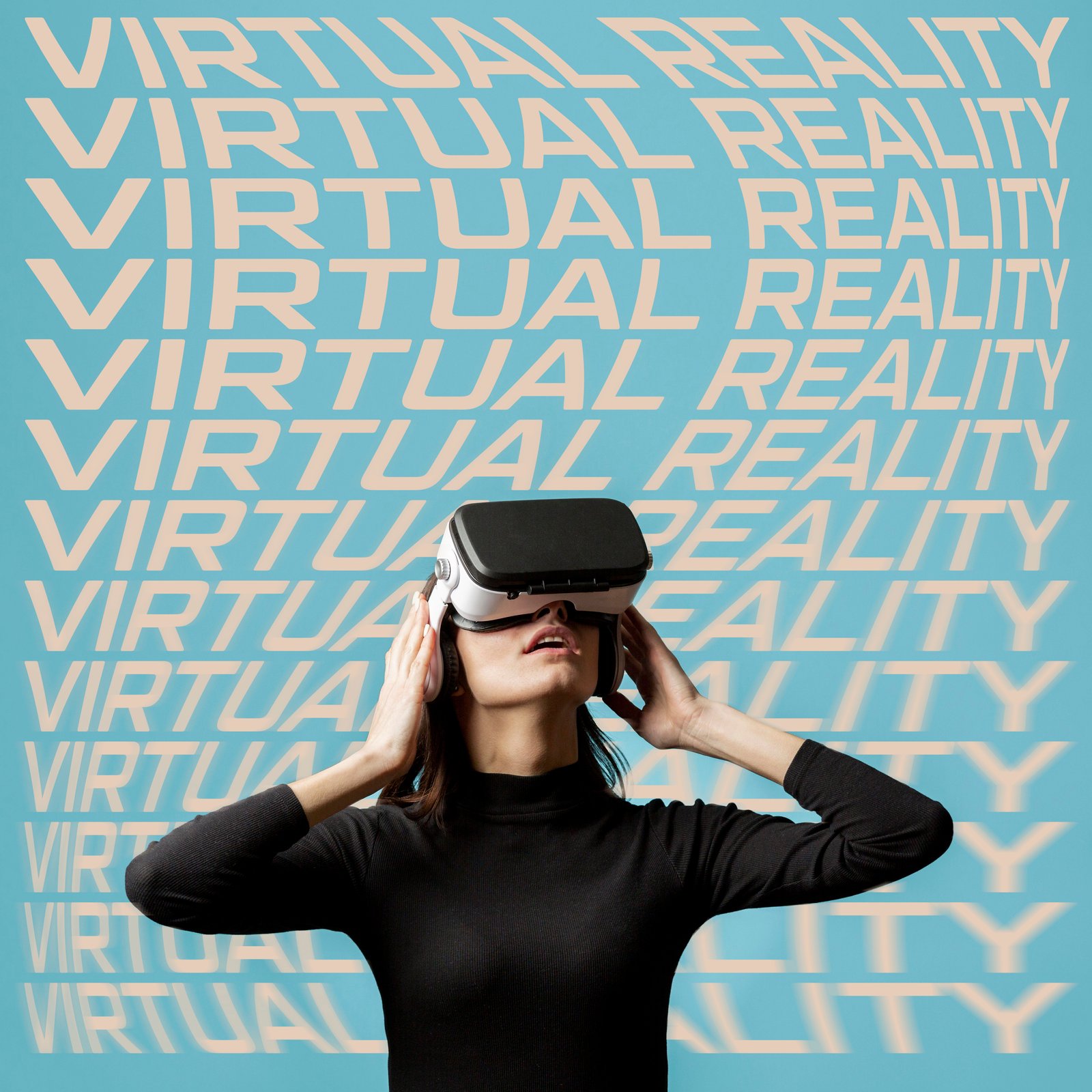
Introduction
The concept of the metaverse has been captivating the imagination of technology enthusiasts, science fiction writers, and futurists for decades. It represents a virtual universe where people can interact, socialize, work, and create in a digital realm. While we may not have fully realized the metaverse yet, virtual reality (VR) is bringing us closer than ever to this ambitious vision. In this article, we will explore virtual reality and its potential to shape the metaverse of the future.
Understanding Virtual Reality
Virtual reality is a technology that immerses users in a computer-generated, three-dimensional environment, allowing them to interact with their surroundings through various sensory stimuli. VR headsets, such as Oculus Rift, HTC Vive, and PlayStation VR, provide users with an immersive experience that can range from gaming and entertainment to education and training.
The Evolution of Virtual Reality
VR has come a long way since its inception. Early VR experiences were often rudimentary and expensive, limiting their accessibility. However, recent advancements in technology have made VR more affordable, comfortable, and versatile. Here's how VR has evolved:
1. Hardware Improvements: Modern VR headsets offer high-resolution displays, precise motion tracking, and realistic haptic feedback. These improvements enhance the sense of presence and immersion.
2. Accessibility: The cost of VR hardware has decreased significantly, making it more accessible to consumers. Standalone VR headsets, like the Oculus Quest, have eliminated the need for expensive gaming PCs.
3. Content Expansion: VR content has diversified beyond gaming. It now includes virtual tours, educational experiences, social platforms, and professional applications in fields like healthcare, architecture, and training.
The Potential of VR in the Metaverse
1. Social Interaction: VR has the potential to revolutionize social interaction. Virtual environments can facilitate more immersive and meaningful connections, whether for socializing, working, or attending events.
2. Digital Economy: The metaverse could give rise to a digital economy where users buy, sell, and trade virtual assets and services. This includes virtual real estate, art, and unique in-game items.
3. Education and Training: VR offers immersive learning experiences, making education and training more engaging and effective. Students can explore historical sites, practice surgery, or train for high-stakes professions in a risk-free environment.
4. Entertainment: VR can take entertainment to new heights, offering immersive gaming experiences, virtual concerts, and interactive storytelling that blur the lines between reality and fiction.
5. Remote Work: As remote work becomes increasingly prevalent, VR can provide a more collaborative and interactive workspace, enabling teams to meet, brainstorm, and work together regardless of physical distance.
6. Healthcare and Therapy: VR has shown promise in healthcare, offering therapeutic applications for pain management, rehabilitation, and mental health treatment.
Challenges and Considerations
While the potential of VR in shaping the metaverse is exciting, there are challenges to address:
1. Accessibility: VR should become more affordable and inclusive to reach a broader audience.
2. Privacy and Security: As we spend more time in virtual spaces, ensuring data privacy and security will be critical.
3. Content Moderation: Preventing harmful or inappropriate content in the metaverse will require robust moderation and governance.
4. Digital Divide: Bridging the digital divide is essential to ensure equitable access to the metaverse.
Conclusion
Virtual reality is a technology that holds immense potential to shape the metaverse of the future. While we are still in the early stages of its development, VR has already transformed entertainment, education, and various industries. As VR continues to evolve and become more accessible, it will play a pivotal role in the creation of a metaverse where people can explore, connect, and create in unprecedented ways. The future of the metaverse is bright, and virtual reality is at the forefront of this exciting journey.








